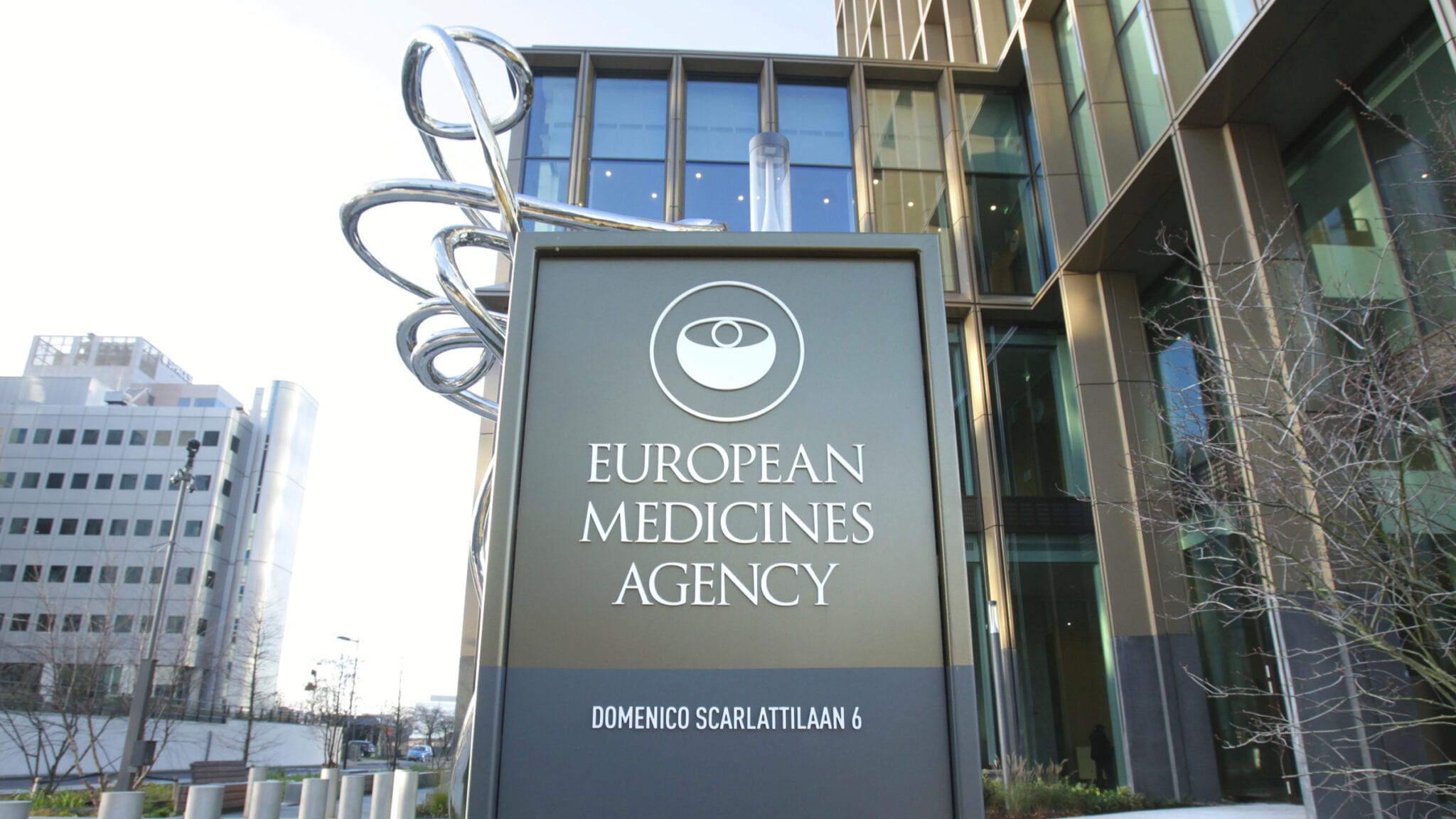
EMA finds link between ‘very rare’ but sometimes fatal blood clots and AstraZeneca vaccine
The EMA said Wednesday that very rare but sometimes fatal blood clots should be listed as a side effect for AstraZeneca’s Covid-19 vaccine.
The EMA …
Sign up to read this article for free.
Get free access to a limited number of articles, plus choose newsletters to get straight to your inbox.